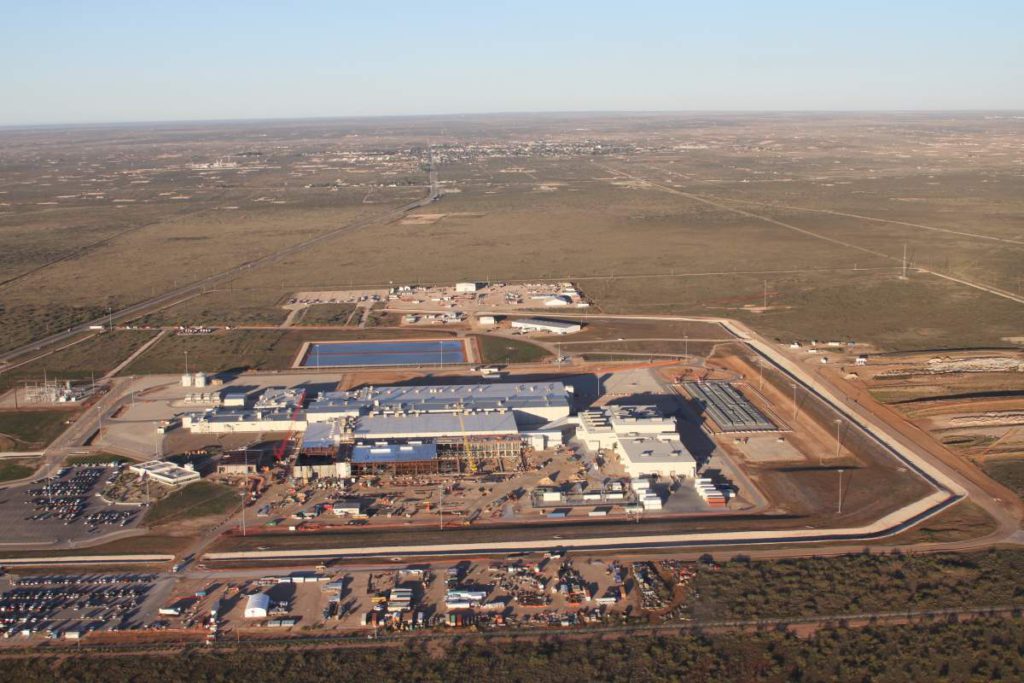US awards contracts for making higher enriched uranium for new reactors

The US rolled out initial contracts to four companies hoping to produce a new, more highly enriched uranium fuel for an expected wave of high-tech reactors, the US Energy Department said on Thursday.
Russia is currently the only country that makes the fuel called high-assay low-enriched uranium fuel, or HALEU, in commercial volumes. Funds to make the fuel domestically were included in a law to ban uranium shipments from Russia fully by 2028.
Centrus Energy said its subsidiary, American Centrifuge Operating, got a contract to produce HALEU, which is expected to be used in a variety of small modular reactors planned to be built starting around 2030.
The other companies are Urenco USA, which is a British, Dutch, German firm with operations in New Mexico; Orano USA, based in Maryland with global headquarters in France; and a company called General Matter.
Urenco said it got a contract for 10 years to make an “indefinite quantity” of HALEU.
President Joe Biden’s administration believes nuclear power, which generates virtually emissions-free electricity, is critical in fighting climate change and to meet rising power demand from artificial intelligence and other consumers.
“All contracts will last for up to 10 years and each awardee receives a minimum contract of $2 million, with up to $2.7 billion available for these services, subject to the availability of appropriations,” the Energy Department said.
The ultimate amount of money associated with the award depends upon orders issued by the US Department of Energy, Centrus said.
HALEU is uranium enriched to between 5% and 20%, which backers say has the potential to make new high-tech reactors more efficient.
HALEU’s critics say it is a weapons risk if it gets into the wrong hands and recommend limiting its enrichment to between 10% and 12% for safety. Uranium fuel used in today’s reactors is enriched to about 5%.
(By Timothy Gardner; Editing by Bill Berkrot)
{{ commodity.name }}
{{ post.title }}
{{ post.date }}




Comments